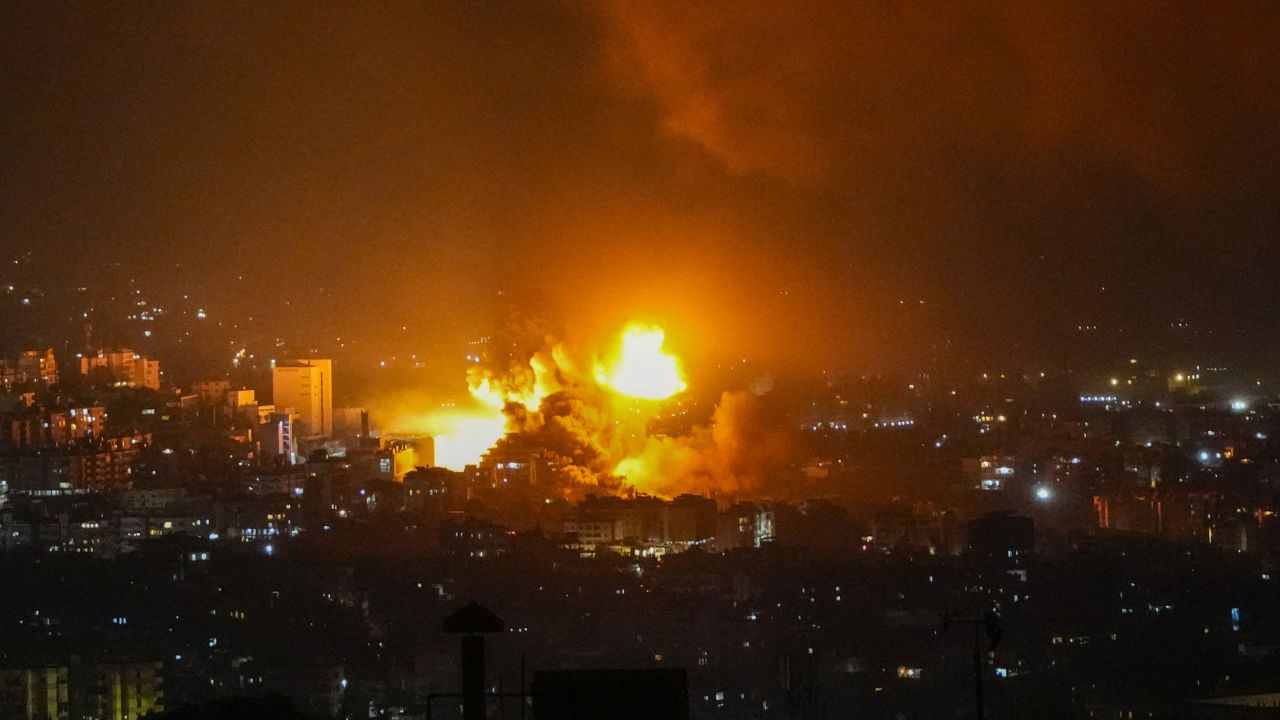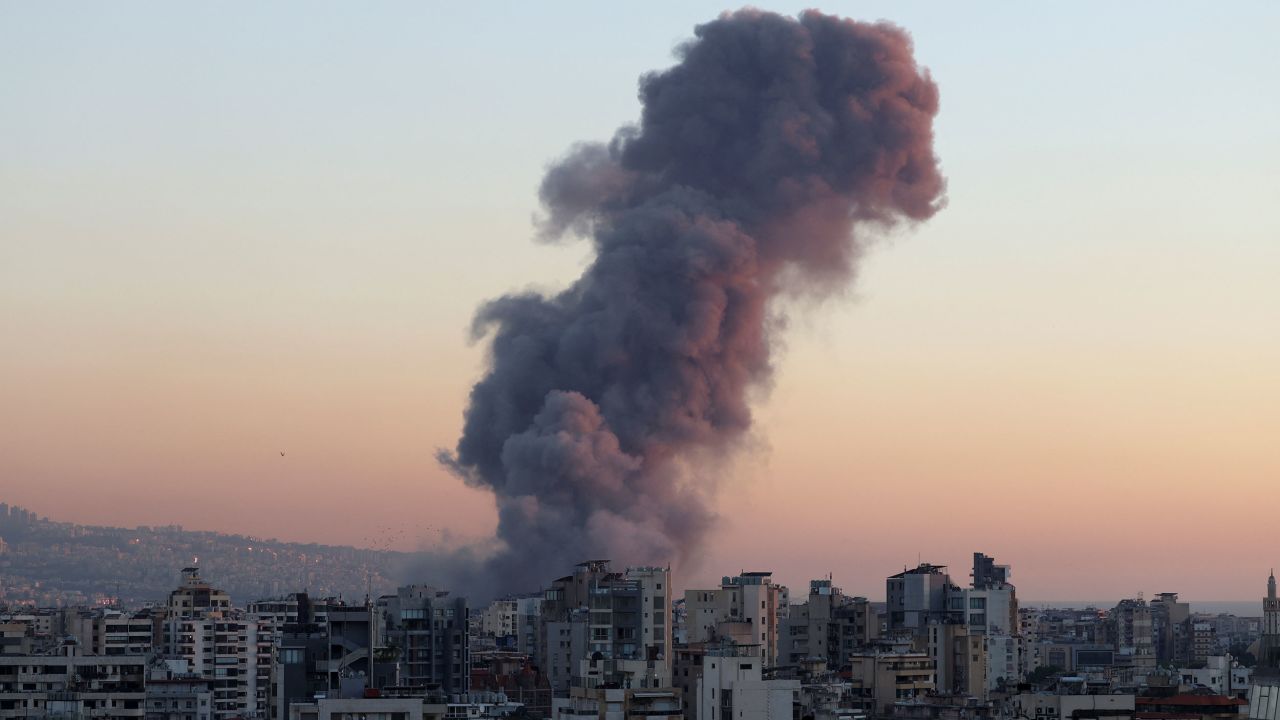Top Biden administration officials were furious Thursday after Israeli Prime Minister Benjamin Netanyahu threw cold water on an Israel-Hezbollah ceasefire proposal that a group of nations led by the US released Wednesday night, prompting them to demand that the Israelis put out a public statement to remedy the diplomatic embarrassment, sources tell CNN.
Leading up to Wednesday, US officials had been given every assurance by Ron Dermer – one of Netanyahu’s closest confidants – that the prime minister was on board with the ceasefire framework that suggests a pause in hostilities for 21 days across the Israel-Lebanon border. Sources said Dermer himself had seen – and approved – the text of the proposal.
But within hours of the Biden White House announcing the ceasefire proposal, Netanyahu and his office dismissed it, calling the idea of an imminent ceasefire “incorrect,” while the prime minister vowed to continue Israel’s offensive against Hezbollah.
Angry senior US officials – convinced that Netanyahu was reacting to backlash at home from far-right members of his government – scrambled to get answers from their Israeli counterparts.
When Secretary of State Antony Blinken met with Dermer in New York City Thursday, for example, he demanded that the Israelis put out a public statement, according to one official. That, in part, appeared to prompt the prime minister’s office to release a statement on Thursday that said discussions about the ceasefire proposal would continue in the coming days. That statement did not explicitly accept or reject the proposal.
“Israel appreciates the US efforts in this regard because the US role is indispensable in advancing stability and security in the region,” the statement said.
A source familiar with Blinken’s lengthy meeting with Dermer on the sidelines of the UN General Assembly would only describe it as candid.
Prior to seeing Blinken, Dermer also saw top White House officials including Brett McGurk and Amos Hochstein. Those meetings were described by a source as “frank.” McGurk and Hochstein were among the senior officials who believed that because Dermer had been involved in the process of drafting the ceasefire proposal, Netanyahu was on board.
What Israel is saying: A senior Israeli official said Friday that all the confusion and contradiction over the ceasefire proposal “was an honest misunderstanding” between Israel and the US.
There were still questions that needed to be answered before Israel agreed to the proposal, a second Israeli official said.
“What happens in a ceasefire? Can they (Hezbollah) re-arm?” the official asked. “Can they bring in weapons, not only through the Beirut airport, how about the Syrian border?”
“Obviously it requires serious discussion,” they added.
This post has been updated with comment from Israeli officials.
CNN’s Kaitlan Collins and Alex Marquardt contributed reporting to this post.













































